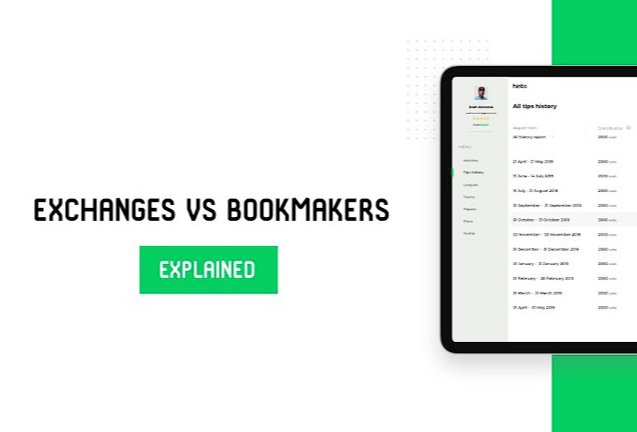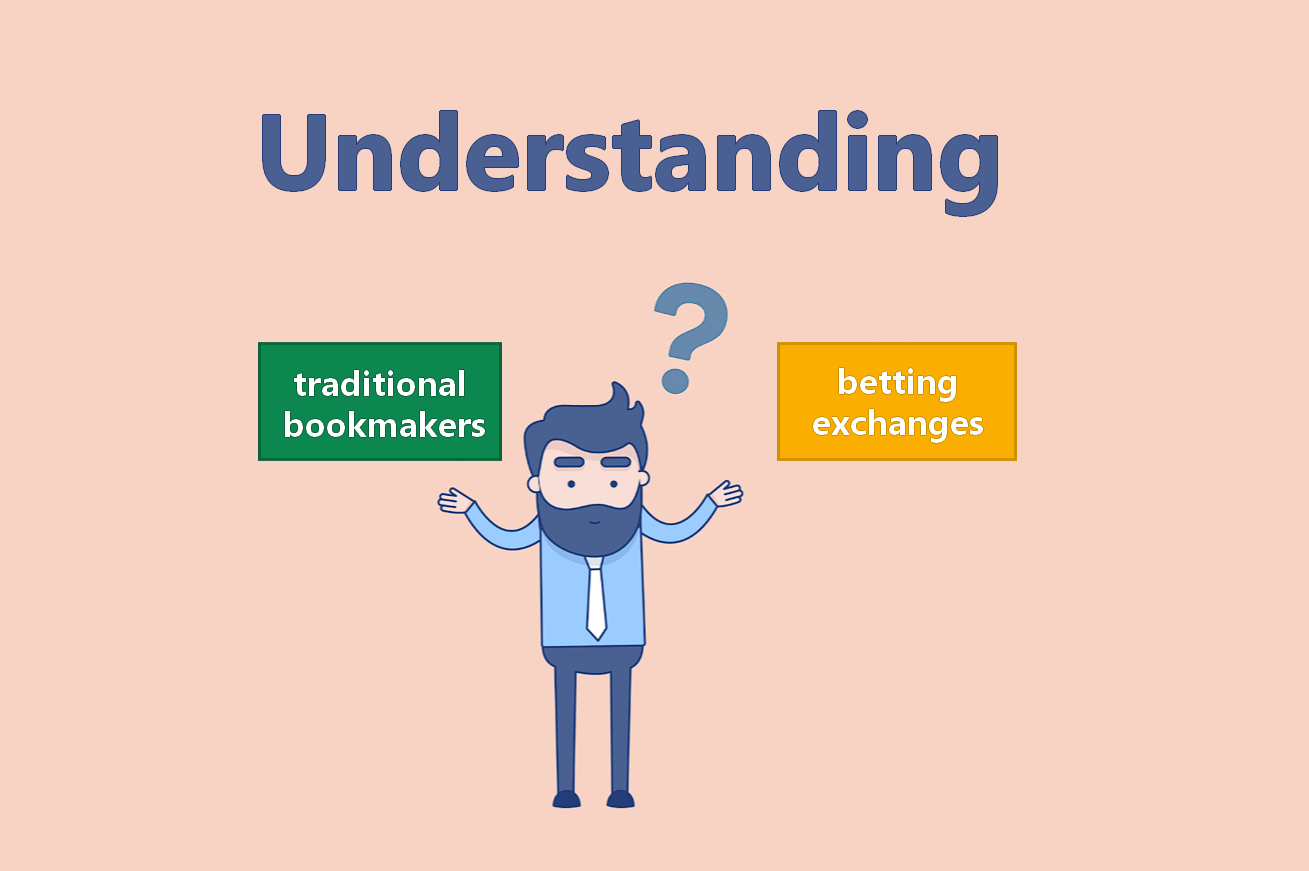In the world of sports betting, bettors have two primary options: traditional bookmakers and betting exchanges. While both platforms allow you to place bets on various sporting events, they operate differently and offer unique advantages and disadvantages. This article delves into the differences between betting exchanges and traditional bookmakers, helping you make an informed decision about which platform best suits your betting style.
What Are Traditional Bookmakers?
Traditional bookmakers are the most common and well-known form of sports betting. They act as intermediaries between bettors and the betting market, setting odds and accepting bets on various outcomes. Here’s how they work:
- Odds Setting: Bookmakers set the odds for each event based on their assessment of the probability of different outcomes. These odds include a built-in margin, known as the “vig” or “juice,” which ensures the bookmaker makes a profit regardless of the outcome.
- Bet Acceptance: Bettors place their wagers with the bookmaker, who accepts the risk. If the bettor wins, the bookmaker pays out the winnings. If the bettor loses, the bookmaker keeps the stake.
- Fixed Odds: The odds offered by traditional bookmakers are fixed at the time the bet is placed. This means that the potential payout is known in advance and does not change, regardless of subsequent fluctuations in the market.
What Are Betting Exchanges?
Betting exchanges, on the other hand, operate differently from traditional bookmakers. They provide a platform where bettors can trade bets with each other, effectively cutting out the middleman. Here’s how betting exchanges work:
- Peer-to-Peer Betting: Instead of betting against a bookmaker, bettors on an exchange bet against each other. One bettor backs an outcome (acts as the backer), while another bettor lays the same outcome (acts as the layer).
- Market-Driven Odds: The odds on a betting exchange are determined by supply and demand, much like a stock market. This often results in more competitive odds compared to traditional bookmakers.
- Commission-Based Model: Betting exchanges charge a commission on winning bets rather than building a margin into the odds. This commission is typically a small percentage of the net winnings.

Key Differences Between Betting Exchanges and Traditional Bookmakers
Odds and Value
| Traditional Bookmakers | Betting Exchanges |
| – Odds are set by the bookmaker and include a built-in margin. – The odds are fixed at the time of placing the bet. – Less competitive odds compared to betting exchanges. | – Odds are determined by the market and can be more competitive. – The odds can fluctuate based on supply and demand. – No built-in margin, but a commission is charged on winning bets. |
Betting Options
| Traditional Bookmakers | Betting Exchanges |
| – Offer a wide range of betting markets and options. – Provide various promotions and bonuses to attract bettors. – Limited ability to lay bets (bet against an outcome). | – Offer the ability to both back and lay bets. – Provide more flexibility in betting strategies, such as trading and arbitrage. – Fewer promotions and bonuses compared to traditional bookmakers. |
Liquidity and Market Availability
| Traditional Bookmakers | Betting Exchanges |
| – Guaranteed liquidity for all markets offered. – Bets can be placed at any time, regardless of market activity. – Less susceptible to market fluctuations. | – Liquidity depends on the activity of other bettors. – Popular markets have high liquidity, but niche markets may have lower liquidity. – More susceptible to market fluctuations and changes in odds. |
Advantages of Traditional Bookmakers
- Simplicity: Traditional bookmakers offer a straightforward betting experience with fixed odds and clear payouts.
- Promotions and Bonuses: Bookmakers often provide various promotions, bonuses, and free bets to attract and retain customers.
- Guaranteed Liquidity: Bettors can place wagers on any market offered by the bookmaker, regardless of the activity of other bettors.
Advantages of Betting Exchanges
- Better Odds: Betting exchanges often offer more competitive odds due to the market-driven pricing model.
- Flexibility: Bettors can both back and lay bets, allowing for more complex betting strategies.
- Transparency: The commission-based model provides transparency in how the exchange makes money, with no hidden margins.
Disadvantages of Traditional Bookmakers
- Less Competitive Odds: The built-in margin means that the odds are generally less competitive compared to betting exchanges.
- Limited Betting Options: Bettors have fewer options for laying bets and engaging in trading strategies.
- Potential for Account Restrictions: Successful bettors may face account restrictions or closures from bookmakers looking to minimize their risk.
Disadvantages of Betting Exchanges
- Liquidity Issues: Niche markets may have lower liquidity, making it difficult to place bets or get matched.
- Complexity: The concept of backing and laying bets can be confusing for new bettors.
- Commission Fees: While the odds may be better, the commission on winning bets can eat into profits.
Choosing Between Betting Exchanges and Traditional Bookmakers
When deciding between a betting exchange and a traditional bookmaker, consider the following factors:
- Betting Style: If you prefer straightforward betting with fixed odds and promotions, a traditional bookmaker may be the better choice. If you enjoy more complex betting strategies and better odds, a betting exchange might suit you better.
- Market Availability: Consider the markets you are interested in and the liquidity available on betting exchanges. Popular markets will have high liquidity, but niche markets may be better served by traditional bookmakers.
- Experience Level: New bettors may find traditional bookmakers easier to understand and use, while experienced bettors might appreciate the flexibility and potential value offered by betting exchanges.
Conclusion
Both traditional bookmakers and betting exchanges have their unique advantages and disadvantages. Traditional bookmakers offer simplicity, promotions, and guaranteed liquidity, while betting exchanges provide better odds, flexibility, and transparency. Understanding these differences can help you choose the platform that best aligns with your betting style and goals. Whether you prefer the straightforward approach of traditional bookmakers or the dynamic market of betting exchanges, both options provide exciting opportunities for sports betting enthusiasts.

